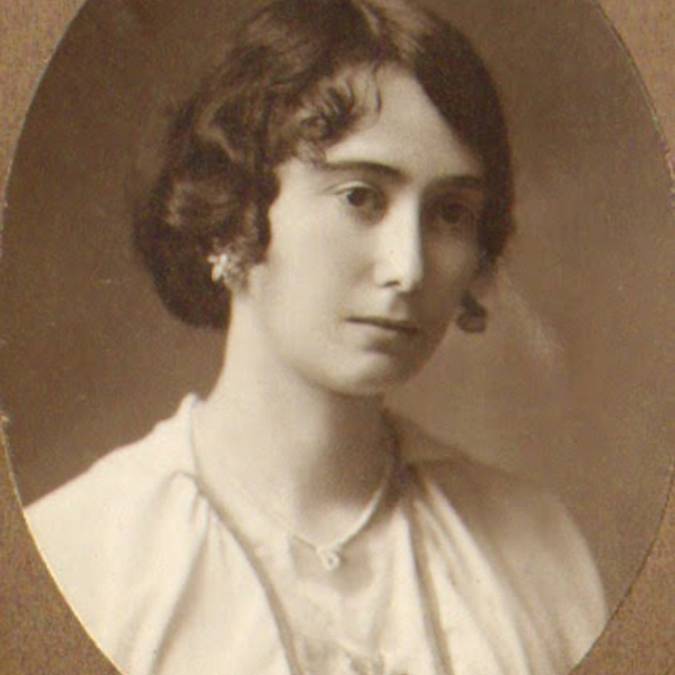It is true that war was a man’s business. It was therefore unusual to find women involved. They were mainly cooks, health auxiliaries and good-natured women giving the soldier away from home the comfort he sometimes needed. Few of these women went down in history, but nonetheless, the Curries, both mother and daughters, managed their onboard radiology centres. We could also mention Louise De Bétigny, head of the Alice network, a resistance network behind the German lines. There is also Nicole Girard-Mangin, the first female doctor on a battlefield. Let's not forget all the anonymous women who replaced their men behind the front. And in the midst of all these men, there was only one woman in combat, Flora Sandes, a young British woman who joined the Serbian army.
It was in the health services that many women served. The nurses experienced the same ordeal as the soldiers, either close to the fighting or in hospitals behind the lines. Their daily lives were made up of mutilated bodies, suffering souls or terror on the days of bombing. Each army had its regiment of nurses. For the Portuguese Expeditionary Corps, the nursing corps was attached to the "Cruzada das Mulheres Portuguesas". This organisation was founded on March 20, 1916 by Elzira Machado, the wife of the President of the Republic of Portugal, Bernardino Machado. The similarity in their names was not a coincidence; Maria was their daughter. The organisation’s original purpose was to train health staff who could work in war preparations. Closely associated with the Croix Rouge, it was chosen to produce the nursing corps.
Maria Fransisca was born on August 18, 1889 in Villa do Conde, a town near Porto. Given the origins of her family, she received a perfect education and was quickly engaged under her parents. The girl with big black eyes and brown curls showed very early a high sense of duty. She was a member of the Republican Women’s League, and provided assistance during the Ribatejo earthquake in 1909.
Later, she joined in the Feminist Propaganda Association, and then accompanied her father to Brazil (1912-1914) while he was a Minister in the Government of Portugal.
With the engagement of Portugal in the Great War, she became a nurse and was sent to the front. She served in the Portuguese sector, then at the hospital in Boulogne.
Maria died of pneumonia on October 12, 1918 in Hendaye, the city where her family took refuge when Sidinio Pais came to power.
Later, her father honoured her in a book: “Maria”.
Author: Aurore ROUFFELAERS
Sources:
http://silenciosememorias.blogspot.fr/2010/11/120_21.html
